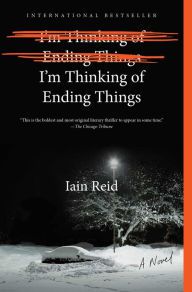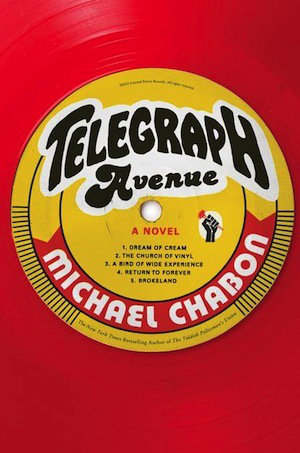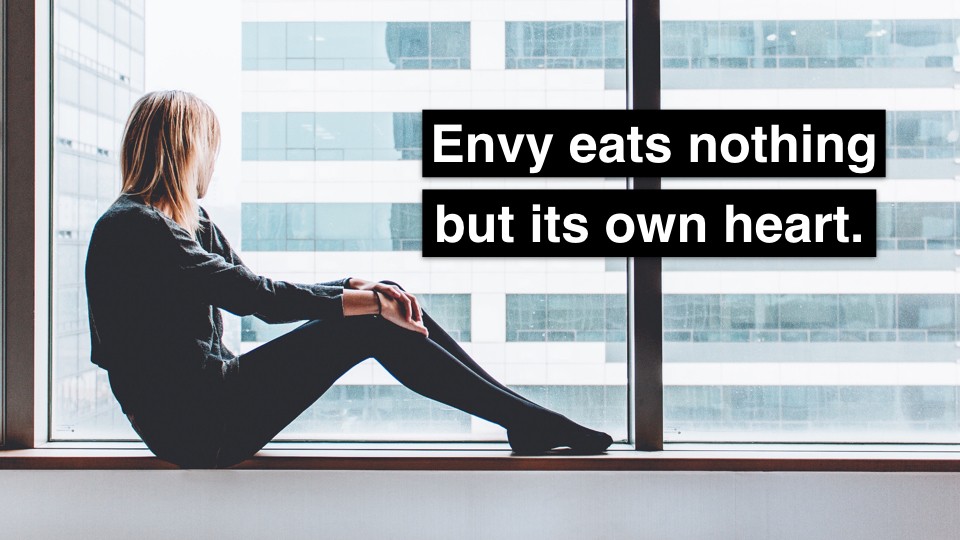There’s a great deal I want to discuss with regards to the book, the majority of which requires me to spoil the ending. So much is tied up in the twist, and to only talk about the psychological buildup comes off as a sales pitch.
I’m into tragedy. A title like, “I’m Thinking of Ending Things” carries implications that I don’t feel need to be spelled out. The entire first page carries an ambiguity hinting of these thoughts being suicidal in nature, but is cleared up by our unnamed narrator describing how she intends to break things off with her boyfriend, Jake. I felt let down. It wasn’t outright dark enough compared to my initial expectations.
Things get weird, and the buildup is fun. You’re let in on glimpses of some tragic violence between chapters. Something bad is going to happen, but the where, when, and who is kept off of the table for the purposes of suspense. Reid knows how to develop a plot, and he knows story structure.
The book is crafted just fine. But the ending… The last twenty pages of the book and all I could think was, “It’s ‘Fight Club’ all over again.” The narrator is a figment of fantasy, a woman Jake met once. Jake has parents who appear on the page, but they’re long dead. The entire episode is of an imagination longing to compensate for want. Jake’s academic ambitions have been left in the past, he inherits the home in which he grew up, he is alone, and goes through a fantastic detachment that leaves him (and the time frame of the story) at the height of Jake’s potential. This window of time that places Jake in his late twenties to early thirties is subjected to the reality that thirty years have passed since the events of the story world. Has he and the narrator not aged in his fantasy? This obsession with youth and age shows that Jake is not as detached as the general narrative would have you believe. It’s much more depressing than your average thriller, but is painted as such because an alternative angle would turn off a good portion of the audience.
It’s not about having an original story, but telling it in an original way… I’ve heard similar expressions regarding storytelling, so I can forgive the ‘Fight Club’ ending. Where I take issue is the youthful angle of the fantasy, without which the entire narrative (as it is) cannot stand. The character is obsessed with the past, and to a degree I really dig it.
What if we knew Jake was in his sixties the whole time? What if we knew he was living in a fantasy world to make up for whatever he lacked? What if the title didn’t play with our preconceived notions about language, and was honest from the starting point? The book would’ve been entirely different, maybe less commercial, no over the top twist, but it would’ve been honest. A partner does not stability create. Jake is not honest with himself, his problems are not rooted in loneliness, but in serious mental complication by which his isolation is a side effect. Jake was always going to self-destruct, and a romantic partner would’ve made no difference, but it’s nice to pretend.
It was a fun and easy read, but I’ve got mixed feelings about the ending.






